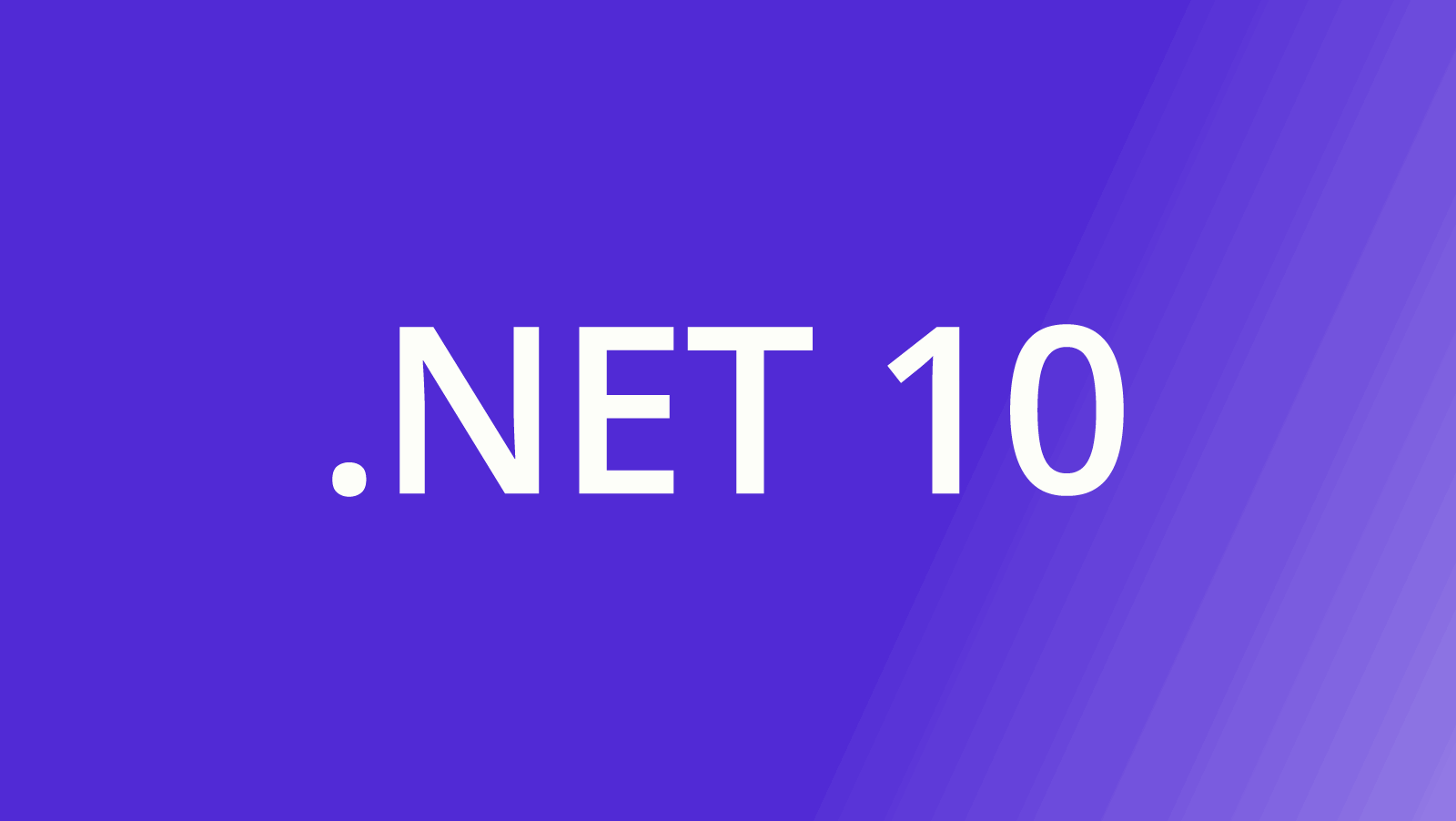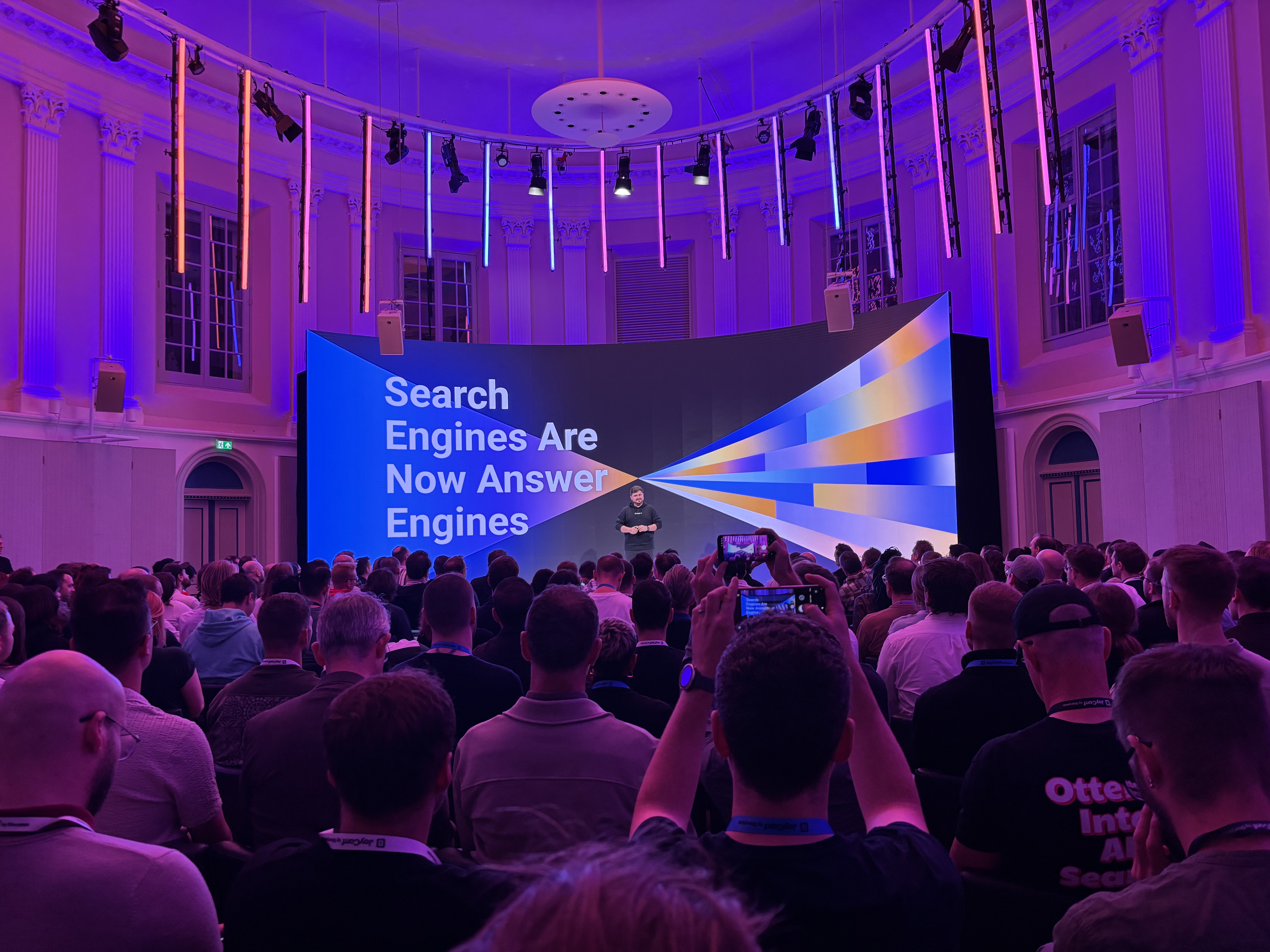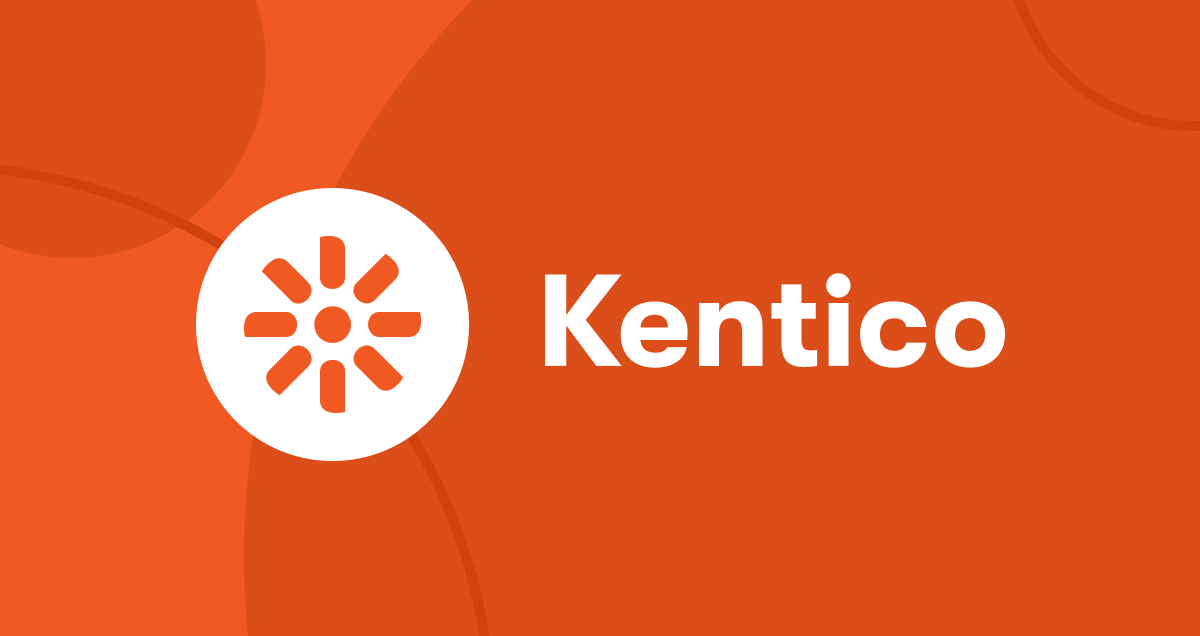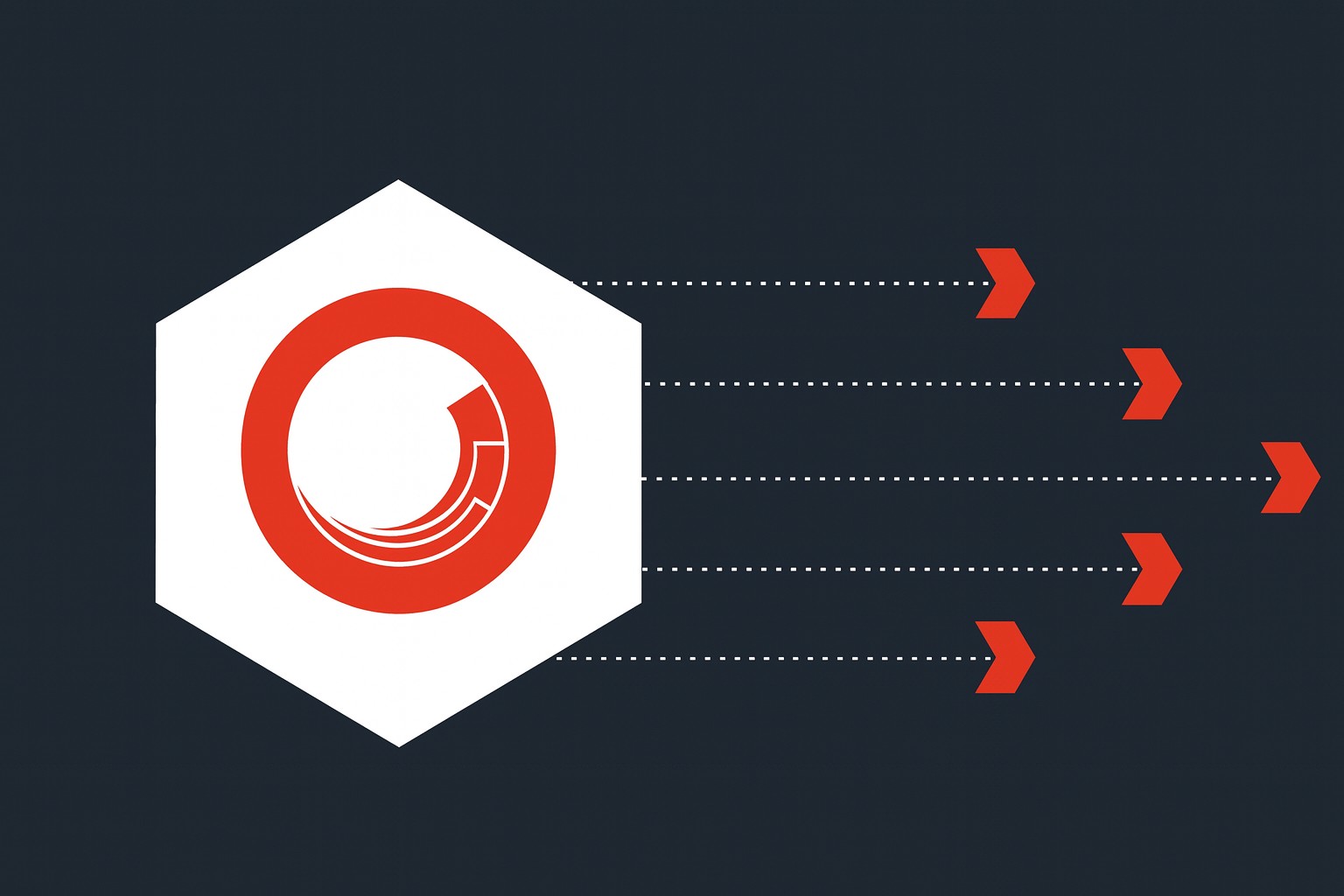
Umbraco and Umbraco Cloud are ISO 27001 certified
- Andreas Fritz
- 27.01.2026
- Websites
The ISO 27001 certification of Umbraco and Umbraco Cloud is a relevant signal for organizations with high compliance, security, and governance requirements.

Kentico 13 replacement: 2026 is the last year with security support
- Andreas Fritz
- 19.01.2026
- Websites
Kentico Xperience 13 is in the final phase of its product life cycle. According to the official support lifecycle, 2026 is the last year in which Kentico 13 will receive security updates.

Cyber-Solutions is the first Umbraco partner in the DACH region to achieve Platinum status
- Andreas Fritz
- 14.01.2026
- Digitalisierung
Cyber-Solutions has reached a significant milestone: Cyber-Solutions is the first and so far only company in the entire DACH region to be awarded Platinum Partner status by Umbraco. This means that the company from Eferding, Upper Austria, now officially ranks among the highest partner levels of the...

Umbraco 17 LTS: A technological milestone for modern enterprise web projects
- Andreas Fritz
- 01.12.2025
- Websites
With Umbraco 17, the open source CMS presents its most strategically significant release to date for companies that rely on a future-proof, high-performance, and long-term stable web platform.

.NET 10: Outlook, architecture, opportunities, and challenges
- Andreas Fritz
- 18.11.2025
- Websites
With the release of .NET 10 in November 2025, a new LTS version is at the center of .NET development. This blog article provides a complete technical overview of key innovations in Runtime, JIT, asp .net Core, Blazor, EF Core, and SDK, explains breaking changes and migration aspects, and shows what...

Storyblok JoyConf 2025 in Amsterdam
- Andreas Fritz
- 22.10.2025
- Websites
In October 2025, we at Cyber-Solutions attended JoyConf Amsterdam to see how Storyblok is evolving, particularly with regard to AI, content operations, and modern platform architectures.

Sitecore Alternatives: Top CMS Options & Comparison for Austria
- Andreas Fritz
- 25.09.2025
- Websites
Before comparing different CMS or DXP solutions, companies in the DACH region should pay particular attention to these decision-making criteria:

Kentico CMS Development – Architecture, Benefits & Strategic Perspective
- Andreas Fritz
- 21.09.2025
- Websites
In Austria, medium-sized and large B2B companies are increasingly faced with the challenge of making their digital platforms flexible, secure, and scalable—for example, in Linz, Vienna, or Salzburg. Kentico CMS Development offers a tailor-made solution here. Whether you are a manufacturer, service...

Sitecore Migration: Gain competitive advantages with secure CMS migration, upgrades, and partner selection
- Andreas Fritz
- 19.09.2025
- Websites
A Sitecore migration or Sitecore upgrade offers an opportunity here: modernization, scalability, improved user experience, and long-term investment security. However, poor planning, lack of experience, or insufficient technical foundations can entail major risks—from ranking losses to high...
